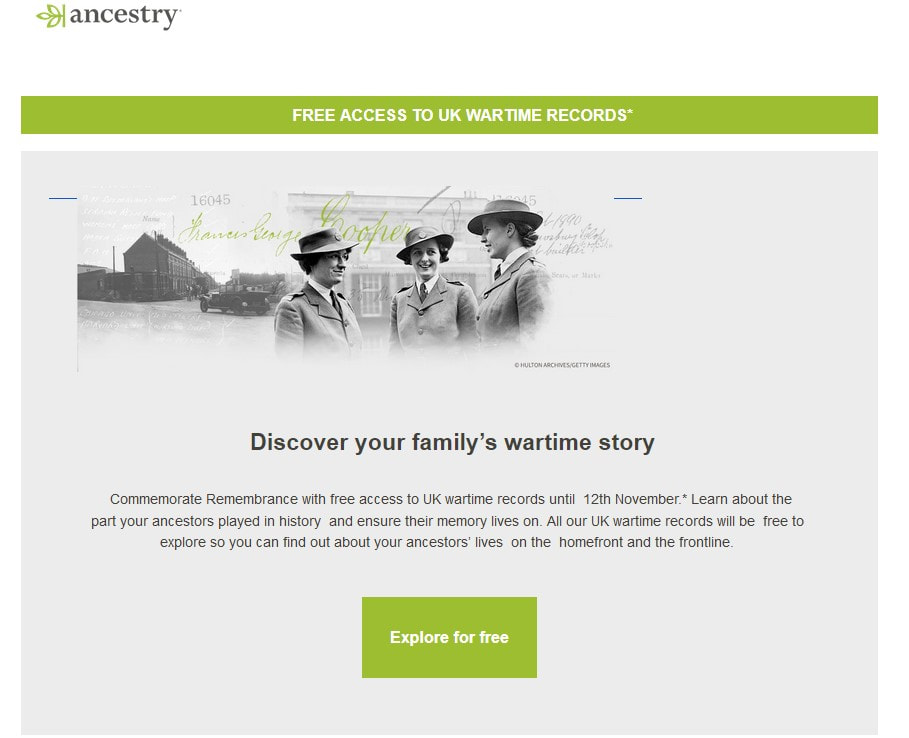|
News of this great free event (linked to a project Lancashire Archives has supported) reached us just too late for inclusion in this month's issue:
13 Nov 9 am - 5.30 pm – Slavery Family Trees Conference (Free) ONLINE REGISTRATION LINK Slavery Family Trees Conference on Saturday November 13th 2021 - full day from 9.00 am to 5.30 pm. Lancaster Black History Group (LBHG) is a new grassroots community group of local residents working to fight racism through education. Over the last 10 months, members of the local community have been working alongside LBHG members, supported by historians, and staff from Lancashire Archives and Lancaster Museums, to examine Lancaster’s historical links to transatlantic and plantation slavery. Over 30 members from the community have researched the ways in which prominent local families in 18th century Lancaster were associated with transatlantic slavery, and how this has influenced the economic growth and development of Lancaster and the surrounding areas. The Slavery Family Trees project examines their family trees and highlights the interconnections both locally and globally to other families, business and faith groups associated with direct and/or indirect links to the slave trade and plantation slavery. This conference provides an insight into some of these findings by highlighting how schools, university students, voluntary organisations, community and faith groups from across the city have come together to produce and record community stories and learning that will allow local people to work together to face the past, and in doing so transform the future. The conference includes two short talks from Prof Catherine Hall (the lead researcher of the Legacies of Slave Ownership project at UCL, London) and Dr Richard Benjamin from Liverpool Slavery Museum. Apart from this, there are three launches. One is that of the Slavery Family Trees Banner which is a collaboration with Sewing Café, Lancaster. They have made a banner which has the main characters and places associated with our research and also the region more broadly. The second is the launch of the new revised slave trail with inputs from the community researchers and this is a collaboration with Lancaster Museums. The third is the launch of the Glocal collection - community lending library (stocking books and texts associated with the transatlantic slavery - open to members of the public) in collaboration with Lancaster University library. 16th of November ONLINE panel discussion 10-11 am and exhibition of Slavery Family Trees Banner in LU library from Sunday 14 Nov Registration for Online Panel Discussion (Free) This online talk is linked to the Slavery Family Trees banner displayed in Lancaster University library that highlights some of the key findings of a community research project relating to Lancaster’s black history. Those involved in this project will share more about the key characters, places and objects displayed on the banner and their links to transatlantic slavery and local history. Members from the Sewing Cafe will describe and discuss the process of making the banner and how this helps to draw attention to both the legacies of slavery, race and colonialism while also highlighting the role of modern slavery and environmental justice through the upcycling of fabrics and clothing material to make artwork that speaks to issues of equality and social justice. Exhibition is open to the public from Sunday 14th November. More details here. The banner is a collaborative textile creation, which highlights some of the key findings of a community research project relating to Lancaster’s black history. Learn about the key characters, places and objects displayed on the banner and their links to transatlantic slavery and local history. (Thanks to David Tilsley at Lancashire Archives for passing this on. It adds more detail to the talk Michael Winstanley gave to the London Branch recently about slavery connections in the Greater Lancaster area.) to edit. |
AuthorLFHHS Online Blog Archives
November 2021
Categories |

 RSS Feed
RSS Feed
